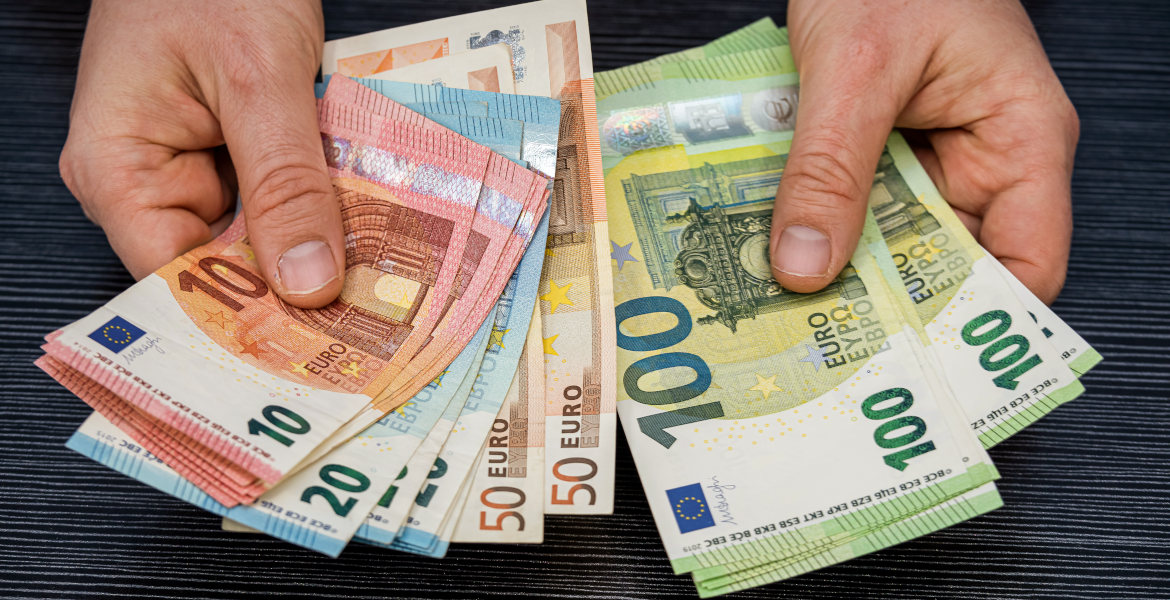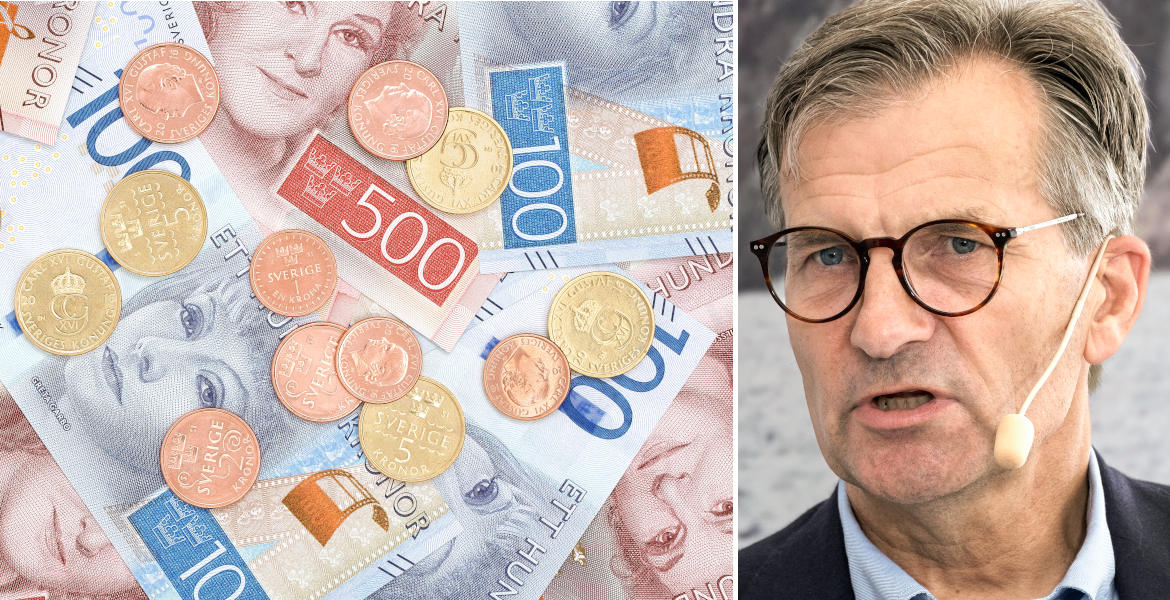Moderate MP Fredrik Kärrholm and Christofer Fjellner, the opposition mayor of Stockholm, are calling for more businesses to stop accepting cash.
If shops do not voluntarily comply, “the government must consider legislation to restrict the handling of cash”, they urge.
In an opinion piece in the gossip magazine Aftonbladet, the totalitarian proposal is justified by the need to fight organized crime with “full force”, as well as the fact that the department store NK recently stopped accepting cash after reports that criminal gang members were buying luxury goods there.
Instead of targeting organized crime and criminals, the Moderates believe it is reasonable to punish and suspect all citizens who prefer to use cash for their purchases.
“The most important driving force for criminals is money. But if money cannot be used, crime becomes meaningless. More retailers must therefore follow the example of the NK department store and stop accepting cash”, it says, adding that shops must accept their “social responsibility” – otherwise mandatory legislation may be the way forward.
Limit of €350
Pointing out that the Conservatives wanted to limit the use of cash back in 2014 and claiming that “this would make a difference”, they argue that it should still be possible to pay with physical money in supermarkets – but only up to a certain predetermined amount.
“It is important to ensure that cash can be used in other contexts, both in grocery stores in the event of a crisis and for older people who still use cash in their daily lives. Therefore, if legislation is necessary, a ban on cash purchases should only apply to amounts above a certain limit, for example SEK 4 000 (€350)”.
“The legislation should also be designed so that it can be quickly adapted to ensure that payments can always be made in times of crisis and war. Such legislation and limits would still allow the 90-year-old lady to pay for her coffee with cash, and her great-grandchildren to buy Saturday sweets with their weekly allowance – but Gucci caps could no longer be bought with blood money”, it continues.
Global outliner
The Moderates conclude with another warning to shopkeepers – either they stop accepting cash – or the Moderates will push for legislation to restrict cash handling.
It is worth noting that Sweden is a global outlier when it comes to cashless payments, and has long been predicted to be the first country in the world where it will no longer be possible to make purchases with physical money – something that is already a reality in many shops. Other countries, such as Denmark and Norway, have gone in the opposite direction, passing laws requiring stores to accept cash.









